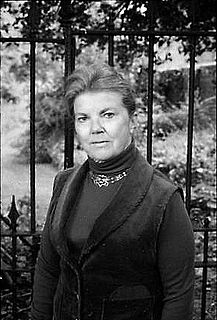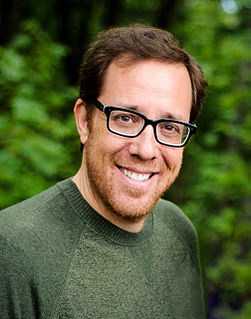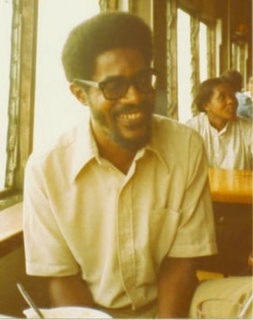A Quote by Margaret Mahy
Of course there are big differences in length and character and vocabulary, but each level has its particular pleasures when it comes to the words one can use and the way one uses them.
Quote Topics
Related Quotes
There are very real differences between science fiction and realistic fiction, between horror and fantasy, between romance and mystery. Differences in writing them, in reading them, in criticizing them. Vive les différences! They're what gives each genre its singular flavor and savor, its particular interest for the reader - and the writer.
One of the problems with watching TV is that you've got a fairly low level of language operating all the time. Quite a small vocabulary and really no conceptual or abstract thinking. That's an issue. If you've got a wide vocabulary, you can learn. The complexities of grammar, in themselves, force you to think about time in a particular way. Force you to widen your outlook on the world.
The difference between prose logic and poetic thought is simple. The logician uses words as a builder uses bricks, for the unemotional deadness of his academic prose; and is always coining newer, deader words with a natural preference for Greek formations. The poet avoids the entire vocabulary of logic unless for satiric purposes, and treats words as living creatures with a preference for those with long emotional histories dating from mediaeval times. Poetry at its purest is, indeed, a defiance of logic.
An actor uses his body as a tool and an instrument. In the same way a musician plays an instrument, the actor uses his body to convey feeling and emotion. An animator uses a pencil or a computer to create the same thing, the same exact way... An actor is taking words that are not his own, and he has to bring some kind of authentic life to those words. It's the same goal, to create this authentic life. Even if it's a drawing, or if it's a cartoon, you're still trying to create authenticity because, if the character emotes authentically, it has a power to connect with the audience.
Everyone wants to be happy; happiness is a right. And while on a secondary level differences exist of nationality, faith, family background, social status and so on, more important is that on a human level we are the same. None of us wants to face problems, and yet we create them by stressing our differences. If we see each other just as fellow human beings, there'll be no basis for fighting or conflict between us.
Ethnic differences exist; of course they exist on the African continent. They are not necessarily political differences, however. They don't necessarily cause people to kill each other. They become so-called 'tribalism' when they are politicized in a particular framework. And in post-independence Africa they have been politicized largely by sections of the so-called African elite.



































